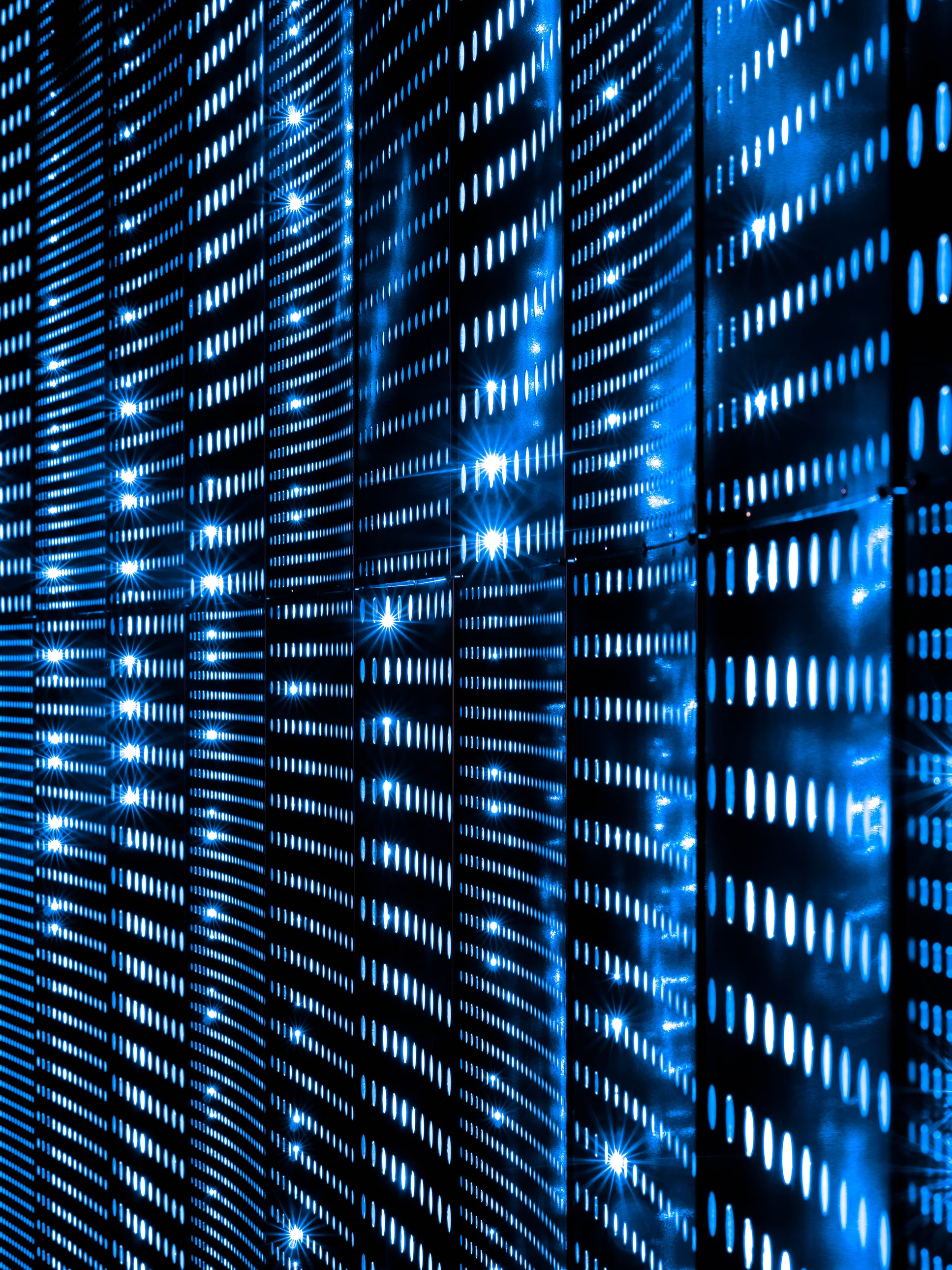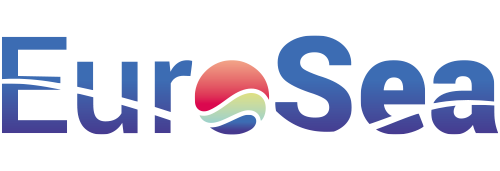
Description
Coordinating and integrating different oceanographic networks through workshops is an effective way to enhance data flow and dissemination across platforms. This effort consolidates marine observation initiatives, resulting in a robust and efficient system that ensures a standardized and high-quality approach to marine data collection, sharing, and application.
Impact During the Project
Structured Data Flow:
Traditional State: Before such integration, marine data might have been scattered across platforms, with each network operating somewhat in isolation. This
often leads to data bottlenecks and potential overlaps.
Advancement: By using workshops to foster integration, the unified network promotes a more organized and effective data flow. This reduces redundancies and
ensures that data is shared quickly and accurately.
Best Practice Standardization:
Traditional State: Each observational network might have had its protocols, which can result in variances in data quality and collection methodologies.
Advancement: Workshops allow experts from various networks to collaborate and develop a set of best practices. This standardization guarantees a uniform quality of data and harmonizes operational procedures.
Operational Readiness of Go-SHIP:
Traditional State: Go-SHIP, or the Global Ocean Ship-based Hydrographic Investigations Program, is a crucial initiative for oceanic observations. But like any program, it must evolve to meet the demands of modern marine research.
Advancement: Reaching a Technology Readiness Level (TRL) of 7 signifies that Go-SHIP’s systems and protocols have been tested and demonstrated in relevant marine environments. It is now primed for more widespread deployment and utilization.
Impact Post Project
Strengthened Oceanic Observational Infrastructure:
Traditional State: Marine observations might have been limited by the capabilities and reach of individual networks.
Advancement: A coordinated network, strengthened by the integration of best practices and improved data flow, can offer comprehensive and in-depth observational capabilities, spanning broader regions and diving deeper into marine phenomena.
Capacity Development & Knowledge Transfer:
Traditional State: Knowledge transfer and capacity building might have been confined to specific networks or platforms.
Advancement: Through workshops and collaborative efforts, expertise is shared more widely. This fosters a culture of continuous learning and innovation across the marine research community.
Advancement over and above State of the Art
By driving network coordination and integration through workshops, the marine research community is taking a giant leap towards a more unified and efficient approach to ocean observation. This is not just about streamlining data flow or implementing best practices—it’s about building a marine observational ecosystem that’s interconnected, informed, and ready to tackle the complex challenges of the marine world. Go-SHIP’s enhanced readiness level underscores the commitment to using advanced tools and methodologies in this endeavour. Through a persistent focus on capacity building and knowledge sharing, this initiative is poised to elevate marine research to new heights, setting new benchmarks in quality, reach, and impact.
Links and References
NA
